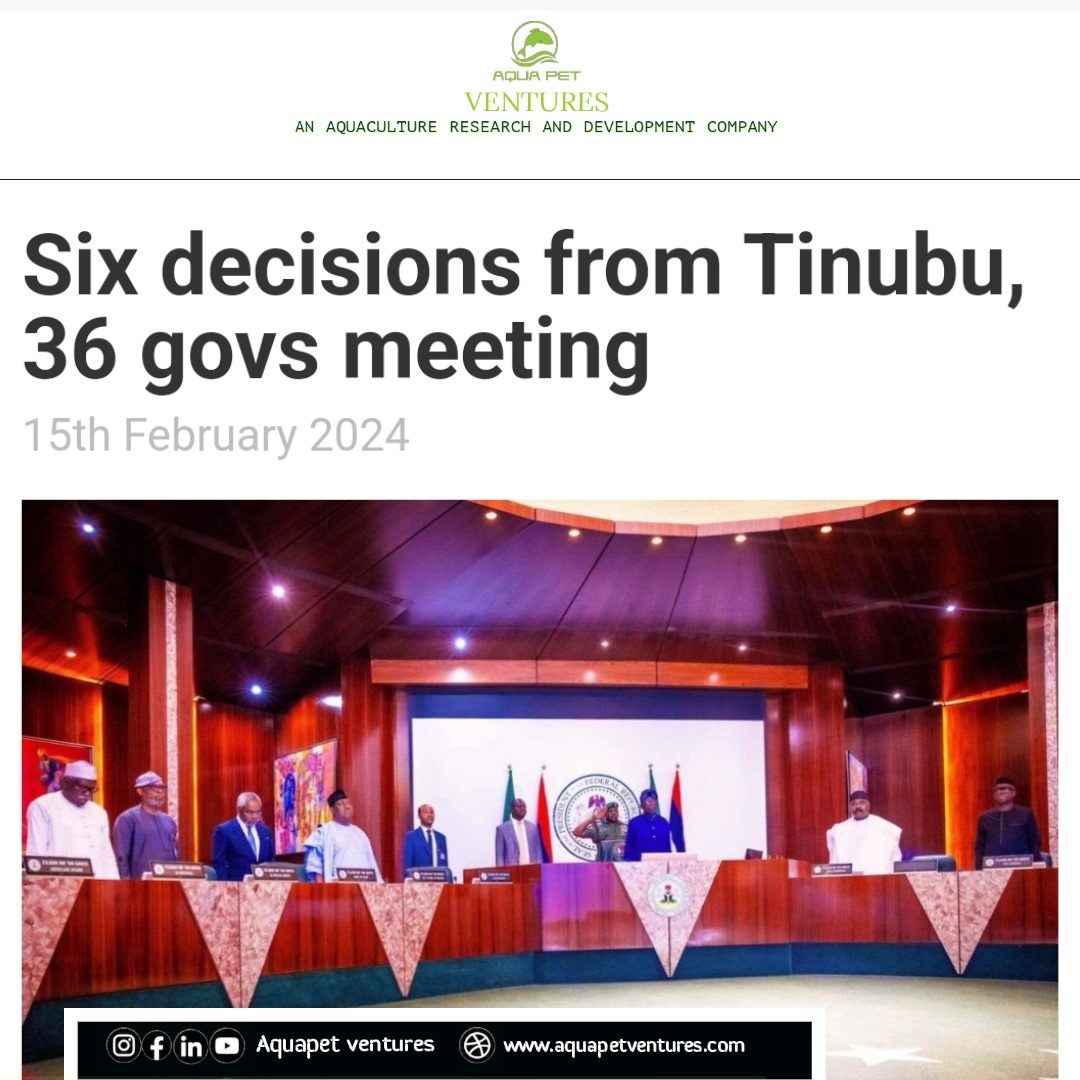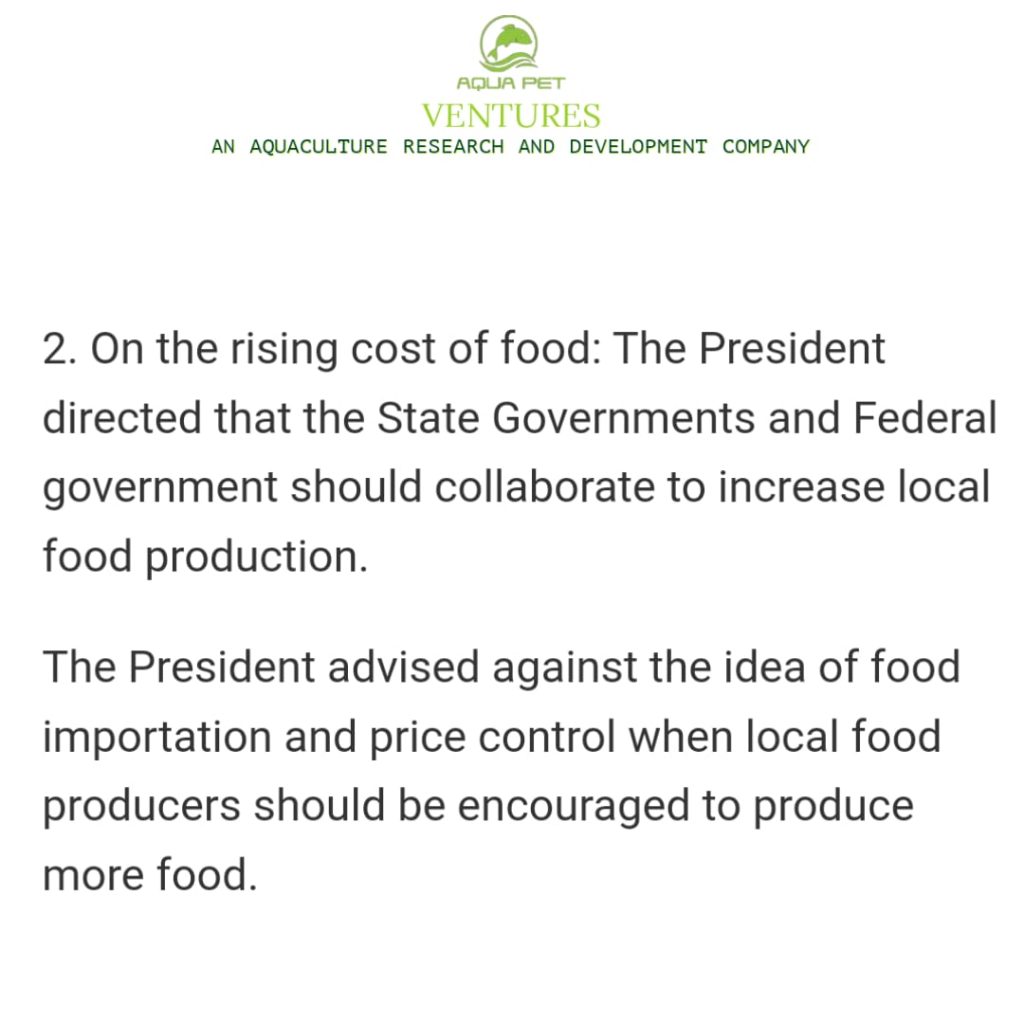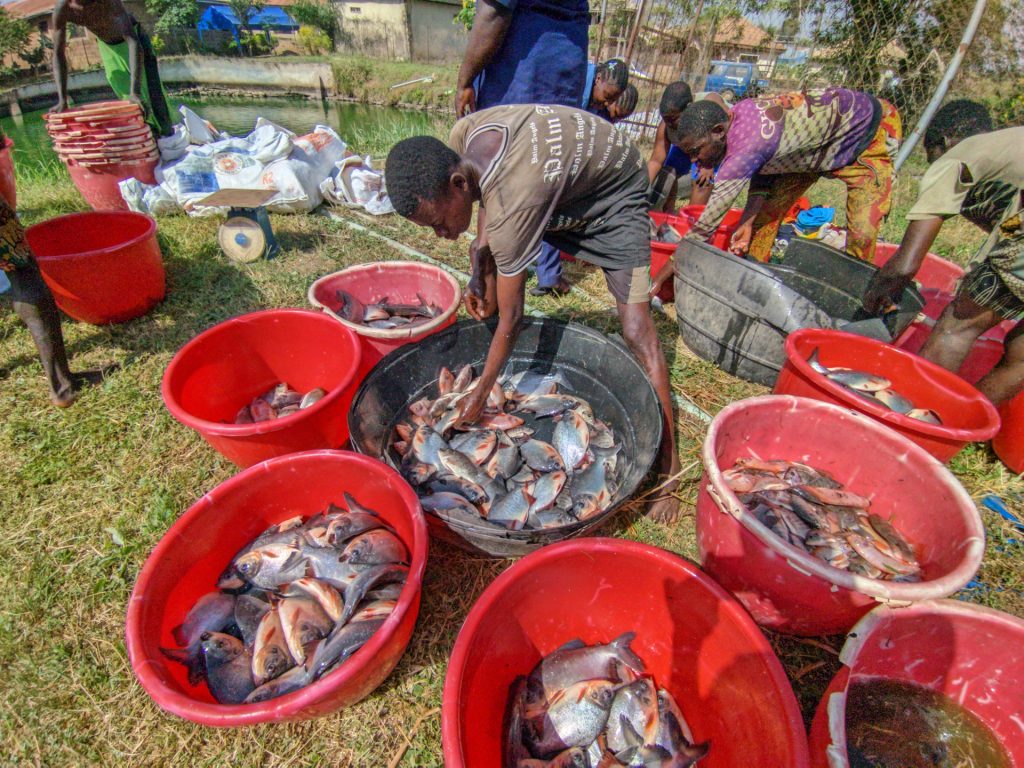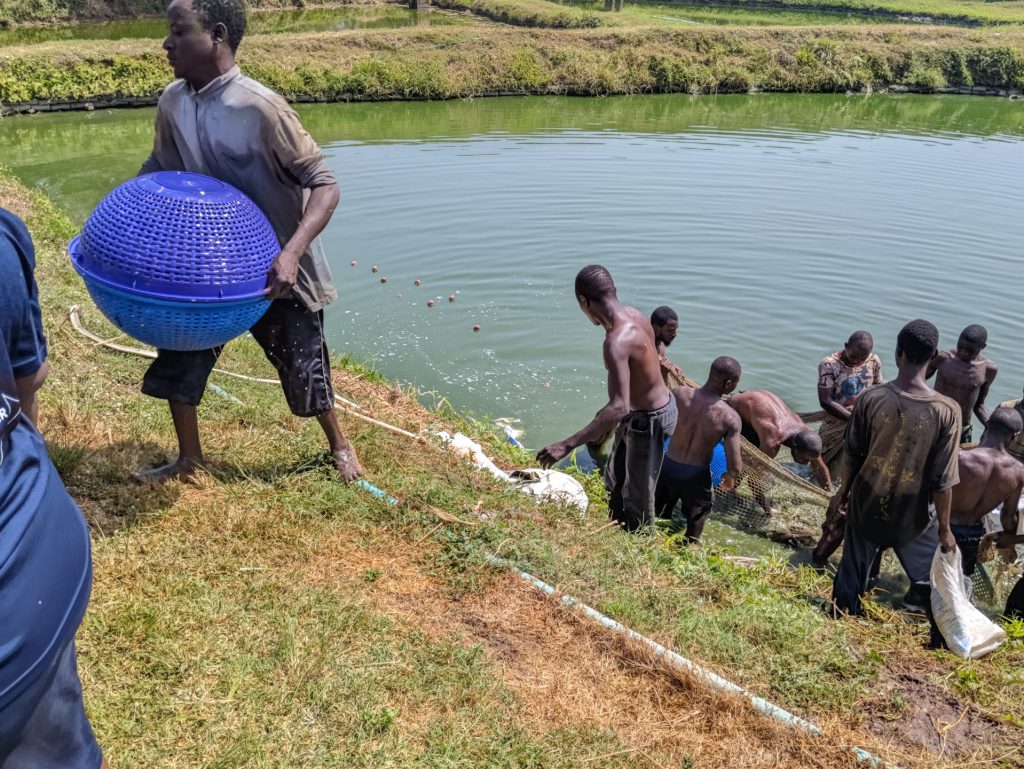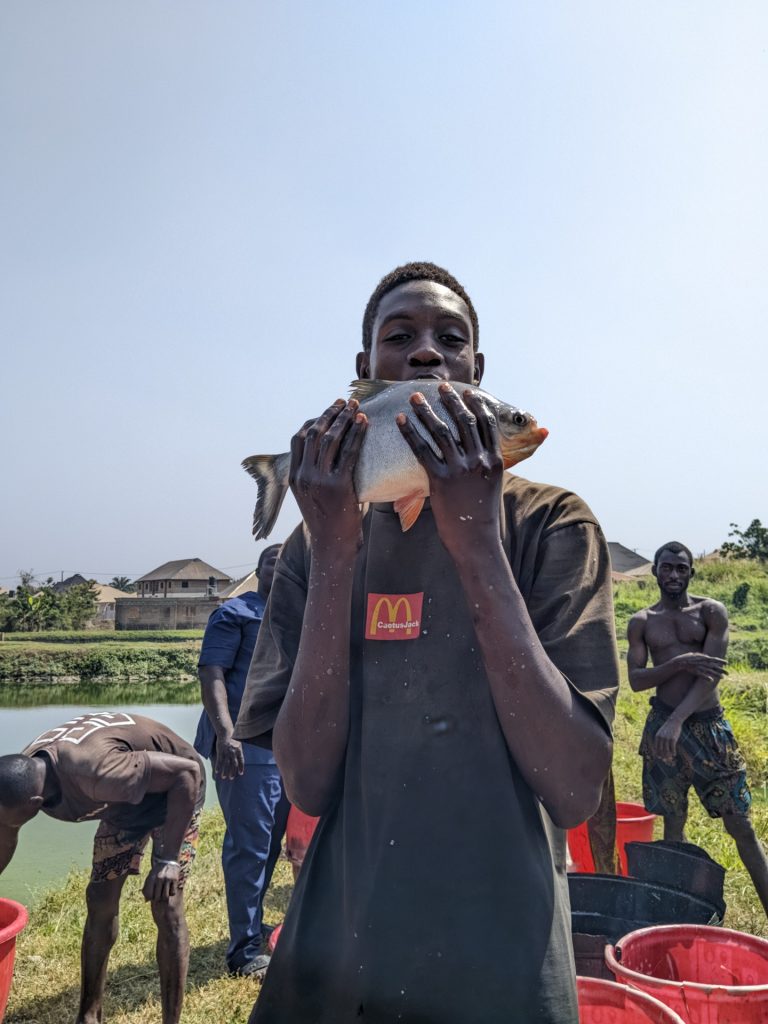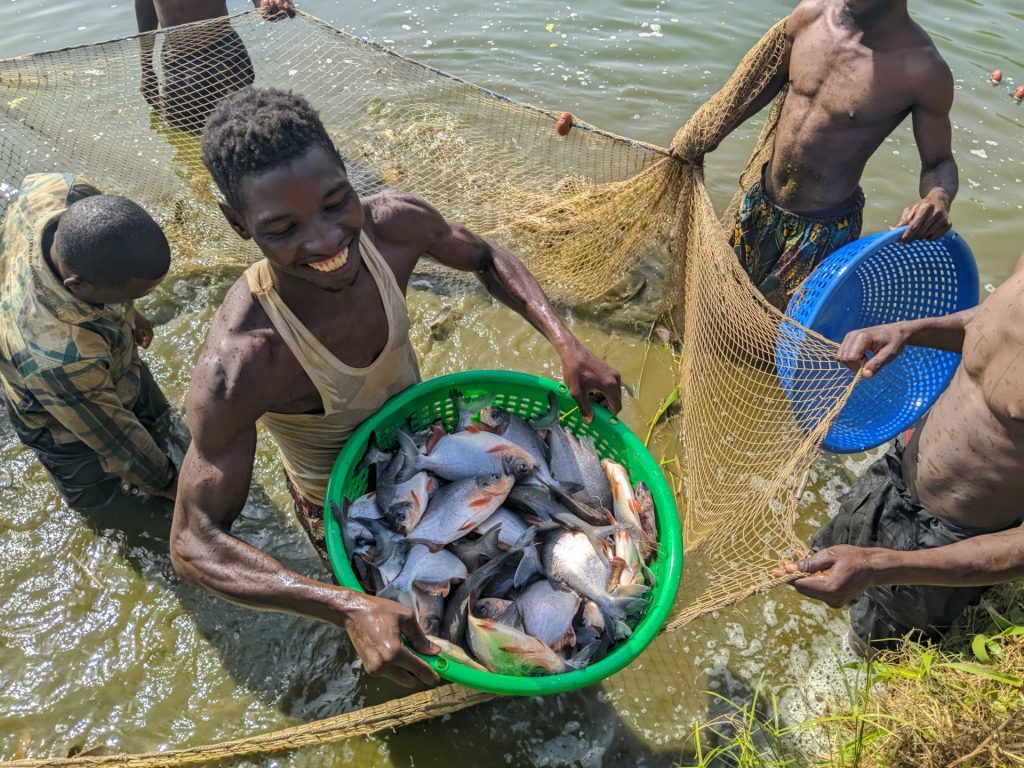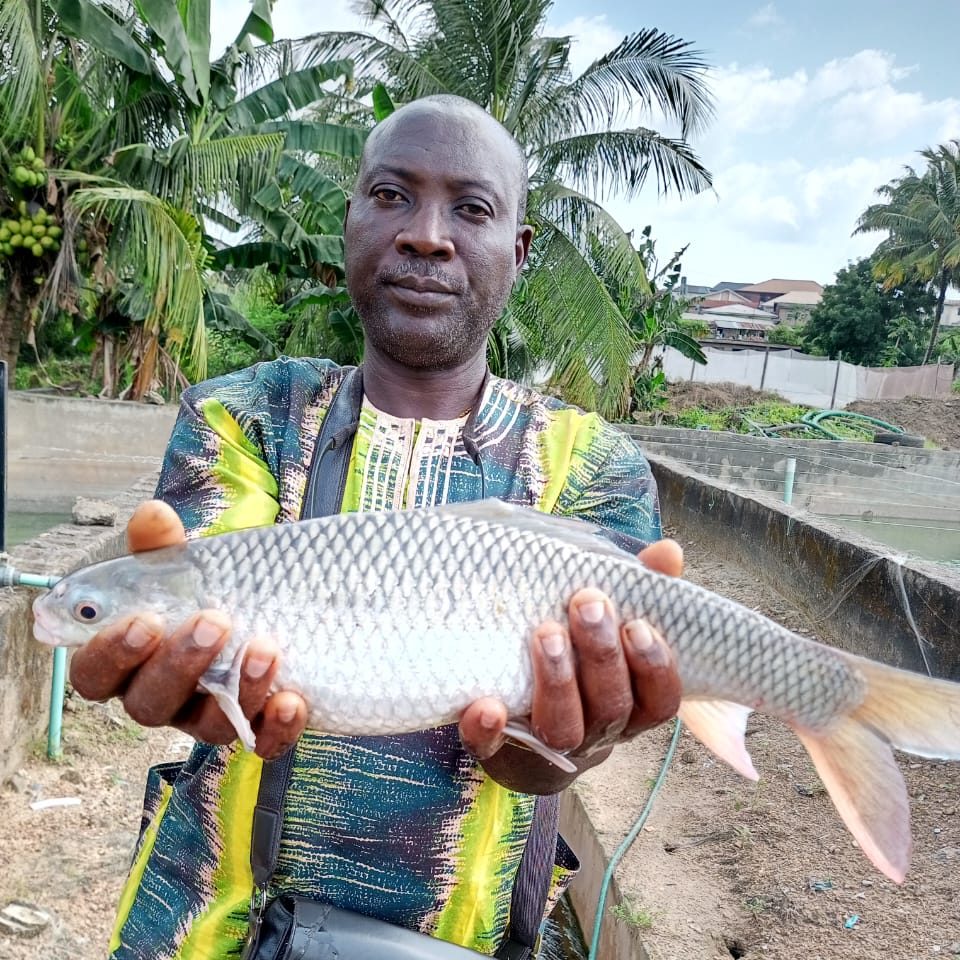
At AQUAPET VENTURES, we are constantly seeking innovative ways to enhance Nigeria’s aquaculture industry. With a commitment to sustainable practices and the highest quality standards, we are excited to introduce Rohu (Labeo rohita) as one of our featured fish species for aquaculture ventures across the country. At AQUAPET VENTURES, we take great pride in introducing Rohu (Labeo rohita) as one of our premier fish species for aquaculture. With its exceptional growth potential and versatility, Rohu promises to redefine the possibilities for fish farming in Nigeria. Moreover, our successful spawning program ensures a constant and reliable supply of Rohu juveniles, facilitating accessibility for fish farmers across the country.
Rohu, a freshwater fish native to South Asia, holds immense promise for aquaculture due to its adaptability to diverse environmental conditions and robust growth characteristics. Here are some key reasons why Rohu stands out as an excellent choice for aquaculture in Nigeria:
Fast Growth Rate: Rohu is renowned for its rapid growth, making it a highly desirable species for commercial aquaculture operations. Under optimal conditions, Rohu can attain marketable size within a relatively short period, ensuring quick returns on investment for farmers.
High Nutritional Value: Rich in protein, essential amino acids, and omega-3 fatty acids, Rohu offers excellent nutritional value. Its meat is prized for its taste and texture, appealing to the preferences of consumers in Nigeria and beyond.
Rohu fish contains less saturated fats and high omega-3 fats which protects from heart diseases. It also helps to reduce the symptoms of rheumatoid arthritis and osteoarthritis. Rohu fish is beneficial for those suffering from age related macular degeneration.
Adaptability: Rohu exhibits remarkable adaptability to varied environmental conditions, including different water temperatures and quality parameters. This adaptability minimizes the risk of disease outbreaks and enhances overall resilience, contributing to the sustainability of aquaculture operations.
Feeding Efficiency: Rohu is an efficient feeder, demonstrating high feed conversion ratios. This characteristic translates to reduced feeding costs for farmers and optimized utilization of resources, making it an economically viable choice for aquaculture ventures.
Market Demand: With a growing demand for high-quality fish products in Nigeria’s burgeoning seafood market, Rohu presents an attractive opportunity for aquaculture entrepreneurs to capitalize on market trends and meet consumer preferences.
Our Contribution:
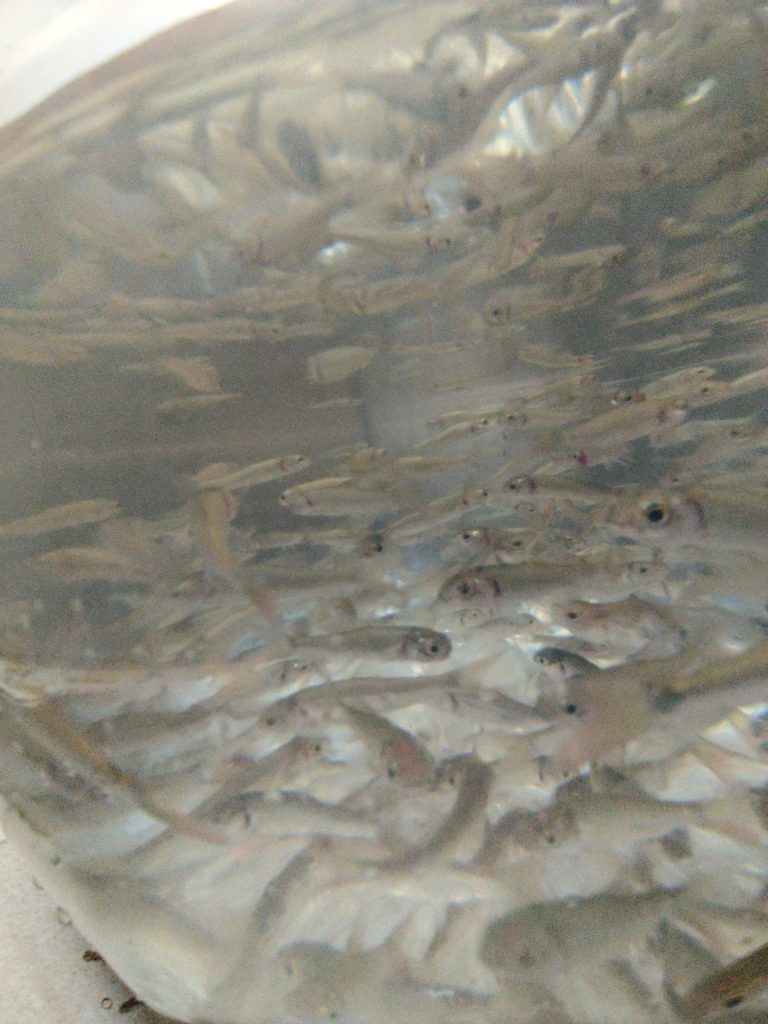
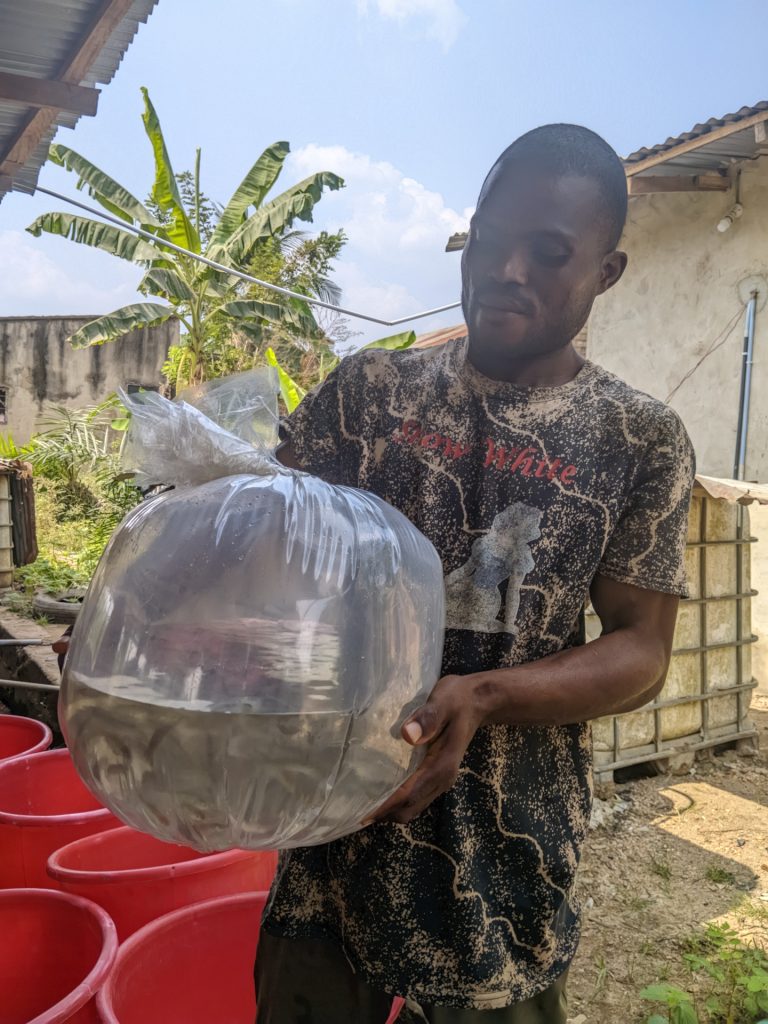
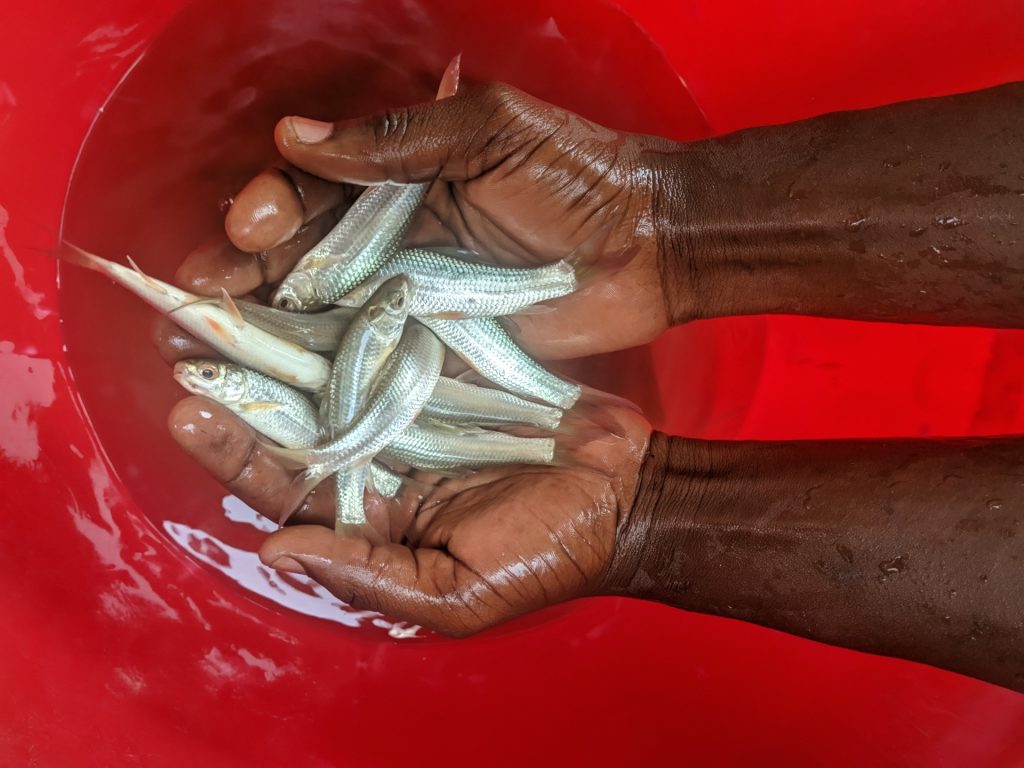
- Successful Rohu Spawning: Leveraging advanced aquaculture techniques and expertise, we have achieved remarkable success in spawning Rohu within our facilities. This achievement not only demonstrates our commitment to innovation but also ensures a consistent and reliable supply of high-quality Rohu juveniles for fish farmers nationwide.
- Continuous Availability: Through our ongoing spawning program, we maintain a steady availability of Rohu juveniles throughout the year. Fish farmers can rely on us to provide them with healthy and genetically superior stock, enabling them to initiate or expand their Rohu farming operations with confidence.
- Technical Support and Guidance: In addition to supplying Rohu juveniles, we offer comprehensive technical support and guidance to fish farmers. Our team of aquaculture experts is dedicated to assisting farmers at every stage of their operations, from pond preparation to harvest, ensuring optimal productivity and profitability.
Rohu represents a transformative opportunity for the aquaculture industry in Nigeria, and at AQUAPET VENTURES, we are proud to spearhead this movement. With our successful spawning program and unwavering commitment to ensuring constant supply, we empower fish farmers to capitalize on the vast potential of Rohu and contribute to the sustainable growth of the aquaculture sector.
By embracing local production of Rohu, we have a unique opportunity to reduce dependency on imported fish and strengthen the nation’s food security.
With proper processing and freezing techniques, Rohu can be transformed into high-quality frozen fish products that meet international standards. This presents an exciting avenue for Nigerian fish farmers and processors to tap into the lucrative frozen fish market while supporting local economies and livelihoods.
By harnessing Rohu’s potential for frozen fish production, we can pave the way for self-sufficiency in fish supply, reduce reliance on imports, and ultimately, frizzle out the need for imported fish in Nigeria. Let’s embrace the potential of Rohu and usher in a new era of sustainable and prosperous local fish production.
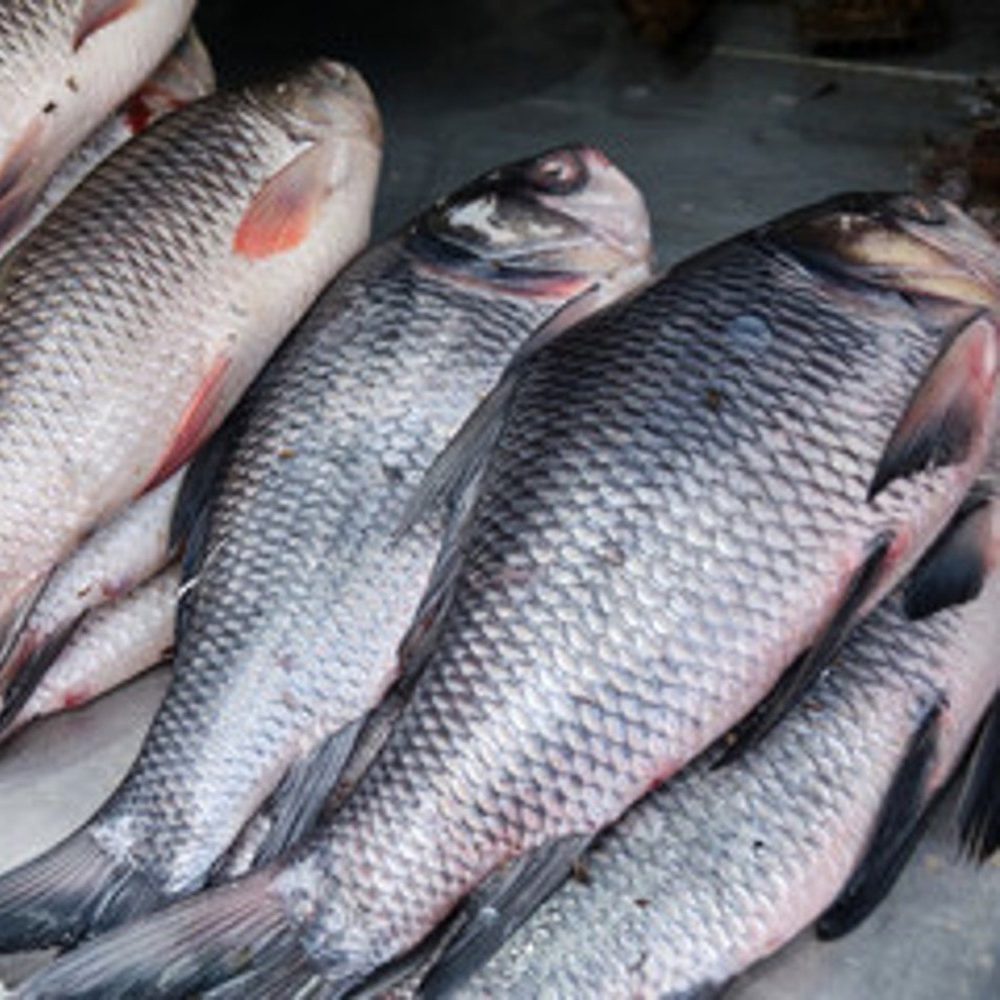
By introducing Rohu into Nigeria’s aquaculture landscape, we aim to empower farmers with a sustainable and profitable alternative for fish production. Our comprehensive support services, including technical assistance, training programs, and access to premium-quality fingerlings, ensure that farmers have the resources they need to succeed.
At AQUAPET VENTURES, we are committed to driving positive change in Nigeria’s aquaculture sector, and we believe that Rohu holds tremendous potential to contribute to the industry’s growth and prosperity.
Join us in embracing the future of aquaculture with Rohu – a fish species poised to make waves in Nigeria’s seafood market.
For inquiries about Rohu aquaculture and how you can make bookings for yours, please contact: 08034098554, 08164193888
